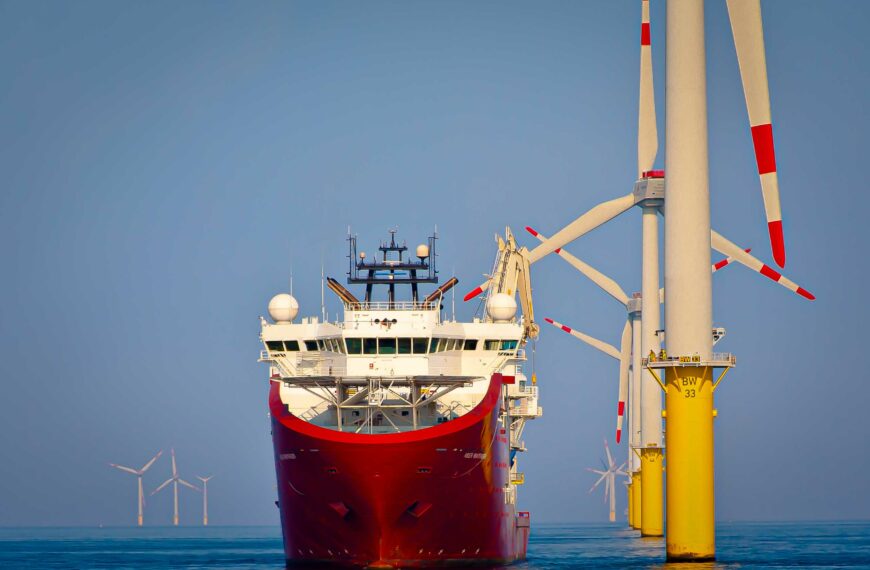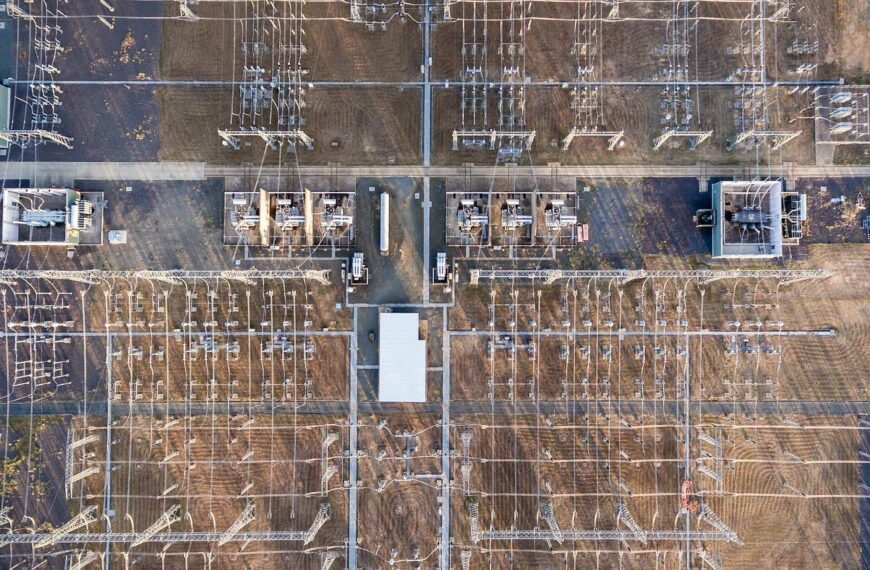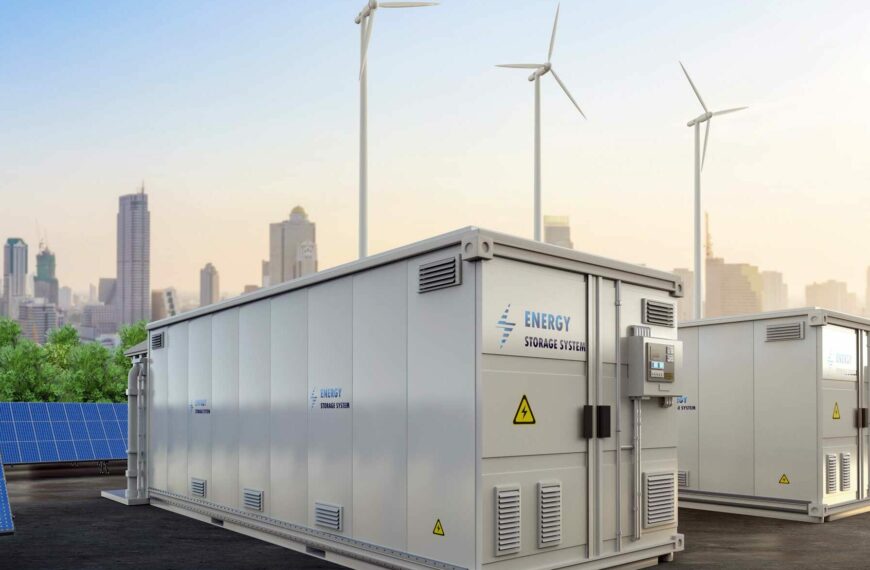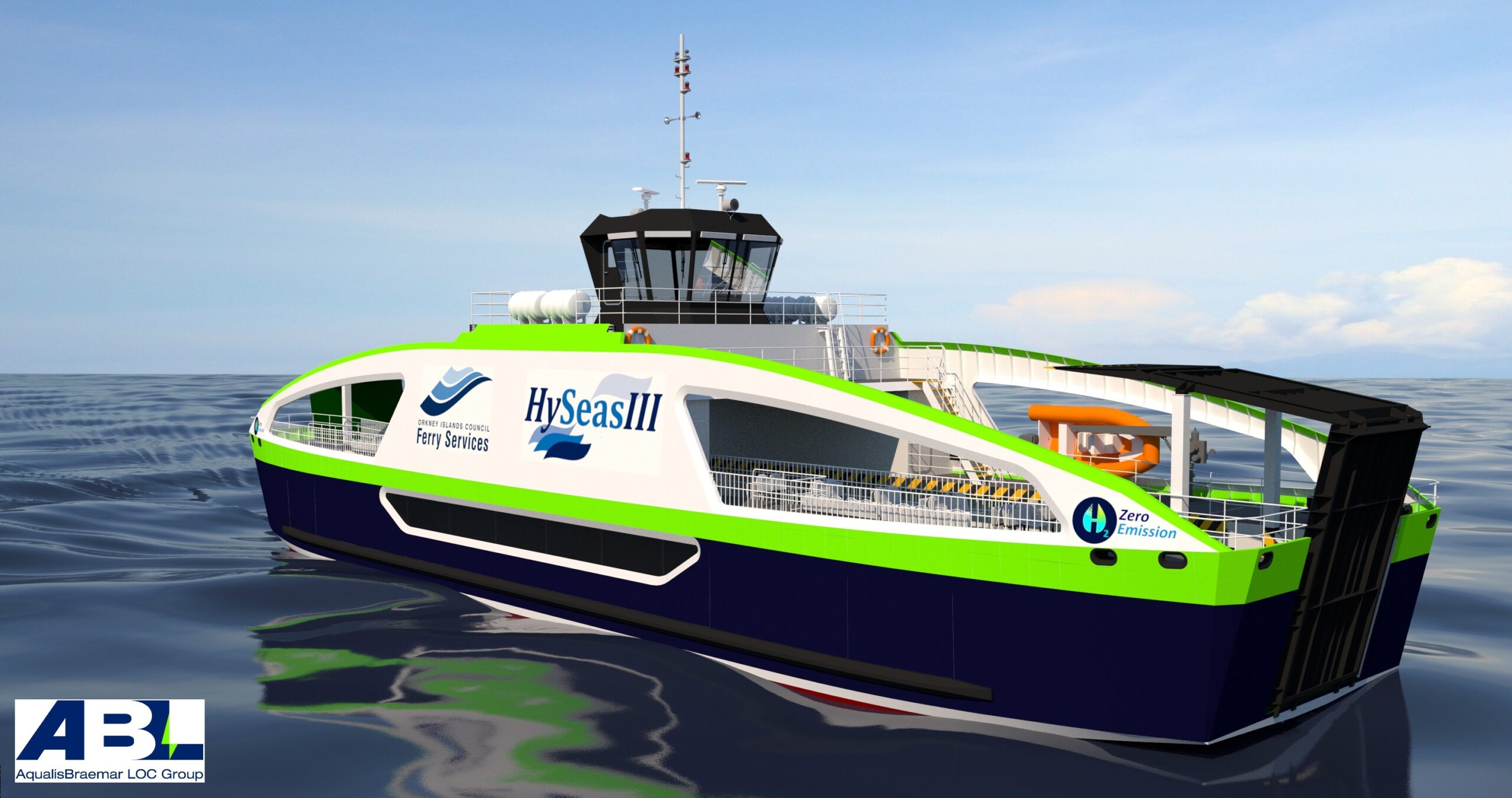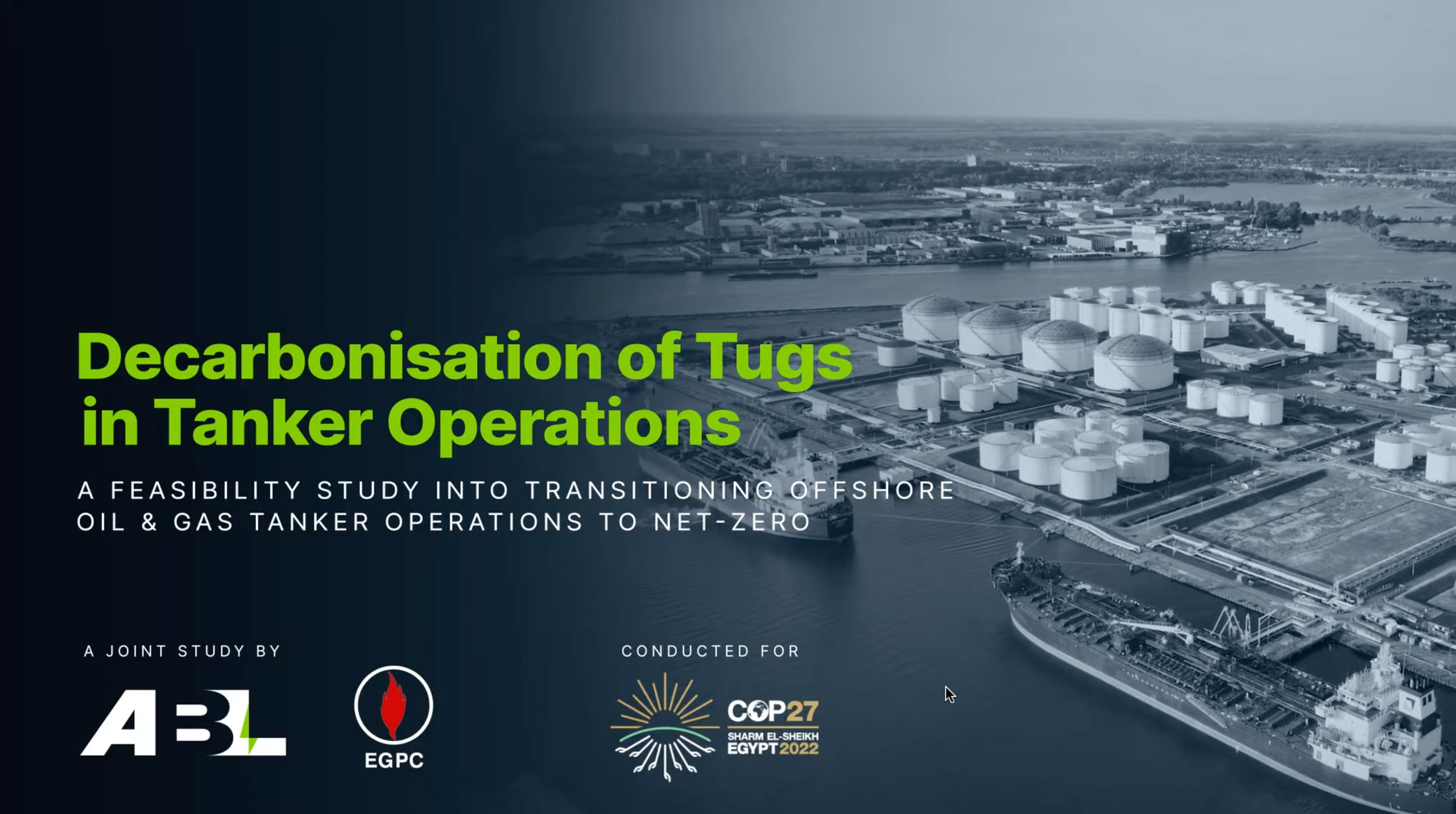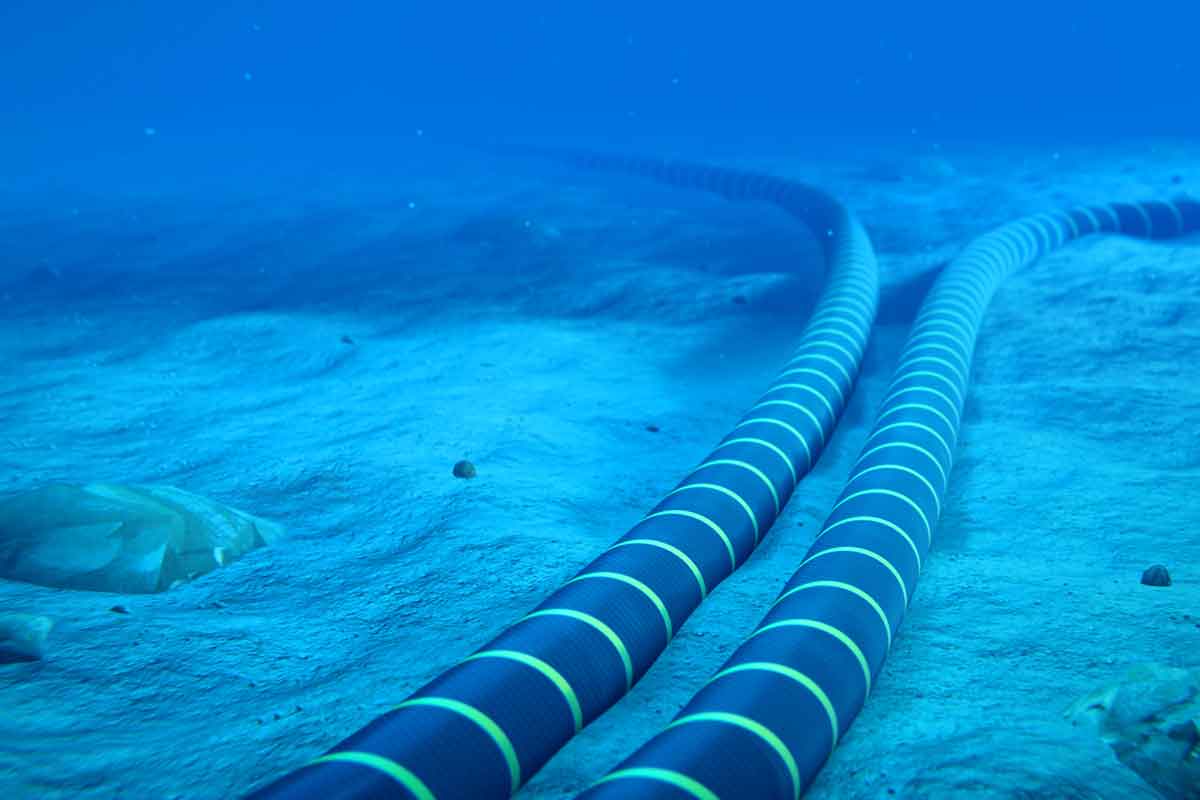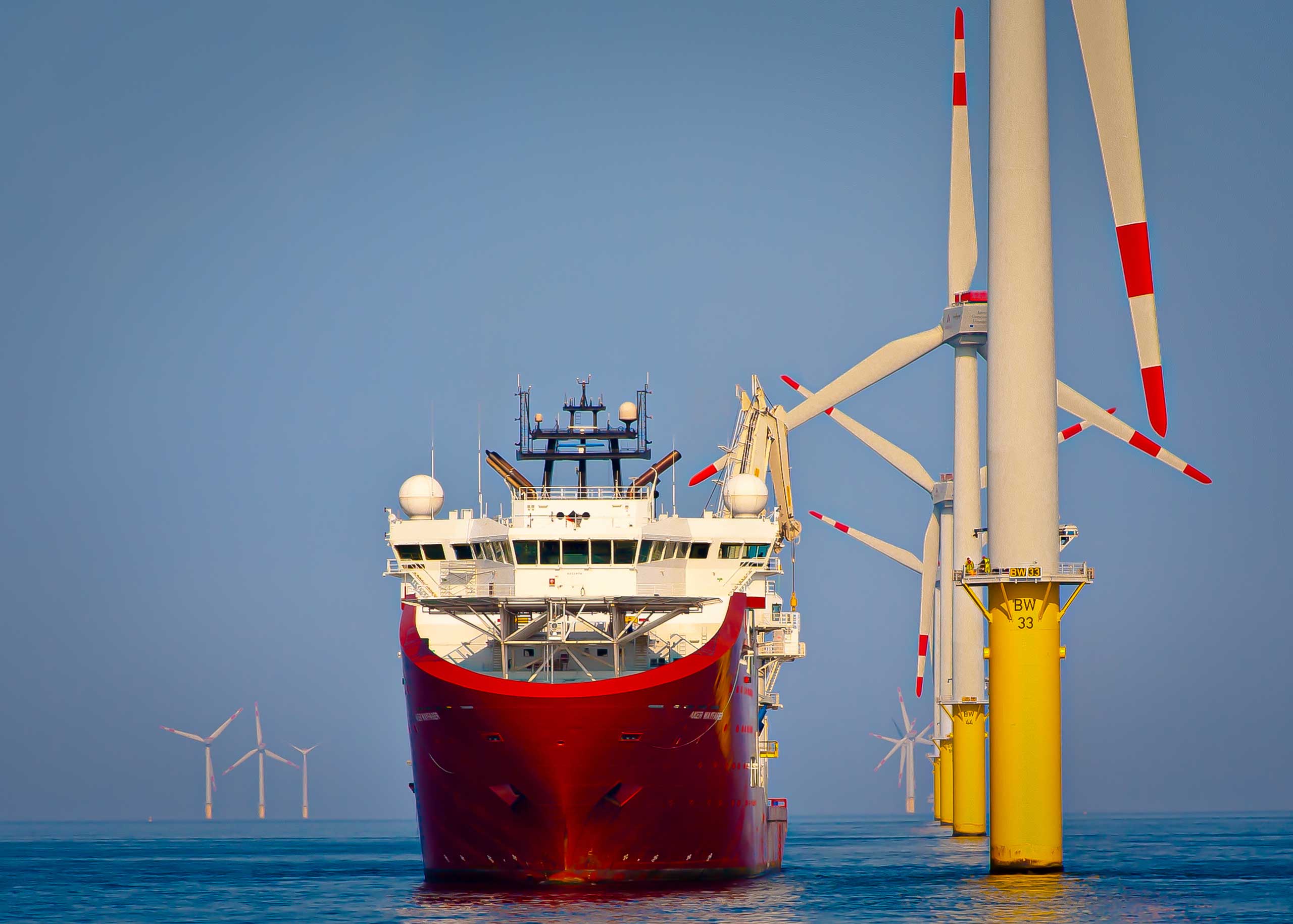Electrification
Widespread electrification is key to delivering on our global and growing energy needs while also meeting the climate goals as set out in the Paris Agreement. Our demand for energy efficiency and robust electrical infrastructure for the long term means electrification is forecast to play a crucial role in many key sectors of society, from industry to transportation to construction. Electrification is also a necessity to curtail carbon emissions.
Renewables driving our electrical infrastructure
A key driver behind electrification is the increasingly rapid deployment of renewable power sources – such as wind, solar, and hydroelectric power.
These are beginning to reshape the landscape of energy production, offering cleaner and more sustainable alternatives to traditional fossil fuels. Renewable energy sources represent the key to delivering meaningful changes to the way in which society powers its energy needs.
However, the success of electrification efforts is linked to many other initiatives. Electrical grid infrastructure needs to evolve to manage the increased power demands from a far more distributed set of generation sources, and to balance the power demands to maintain the stability of the grid. Additionally, critical infrastructure such as ports, harbours and offshore structures require major upgrades.
Based on this, electrification requires a holistic approach to utilising renewable energy sources to meet society’s wide range of energy needs. ABL Group stands at the forefront of electrification based on our experience and expertise.
Case Study
Overcoming electrification market challenges
Port Infrastructure
- Emissions generated by vessels at port
- Existing infrastructure is not sufficient for vessel electrification
- Matching the supply of renewable energy to vessel demand
Vessel Design
- Requirement to significantly increase battery and hybrid electric vessels
- Integration of vessels with port/offshore charging infrastructure
Offshore Structure Electrification
- Integration of offshore charging stations
- Novel technologies
- Operational risks and lack of training on new technologies
Grid Connection
- Existing grid infrastructure not built for purpose
- Locations where new renewable generation needs to be constructed
- Lack of network resilience for significant additional loads onto existing electrical transmission and distribution systems
- Integration of renewable energy infrastructure to the grid
- Port infrastructure requires upgrades to meet the demand for electric/hybrid vessels
Battery Energy Storage Systems
- Supply chain challenges due to high demand for infrastructure and labour
- Lack of grid connection capacity and high connection costs
- Regulatory barriers
- Cybersecurity risks
Our Solutions
As experts in electrification, we can work across a wide range of projects to meet the aforementioned challenges head-on:
Ports & Onshore
- Cold-ironing
- Vessel battery charging facilities and integration
- Port consumer and electrical infrastructure
- Power-X
- BESS
Vessels
- Electric and hybrid propulsion systems for retrofit and newbuild
- Battery and fuel cell propulsion and distribution
- Offshore and onshore charging
- Vessel upgrade, including non-redundant to redundant power systems (e.g. DP)
- FMEA for hybrid systems
- Redundant propulsion and electrical power system
The value we bring
Extensive track record in renewables and vessel design.
Ability to resolve novel challenges with an analytical approach.
Global presence with 64 offices in 42 countries.
Wide range of specialist subject matter experts.
Collaboration between service lines/offerings.

